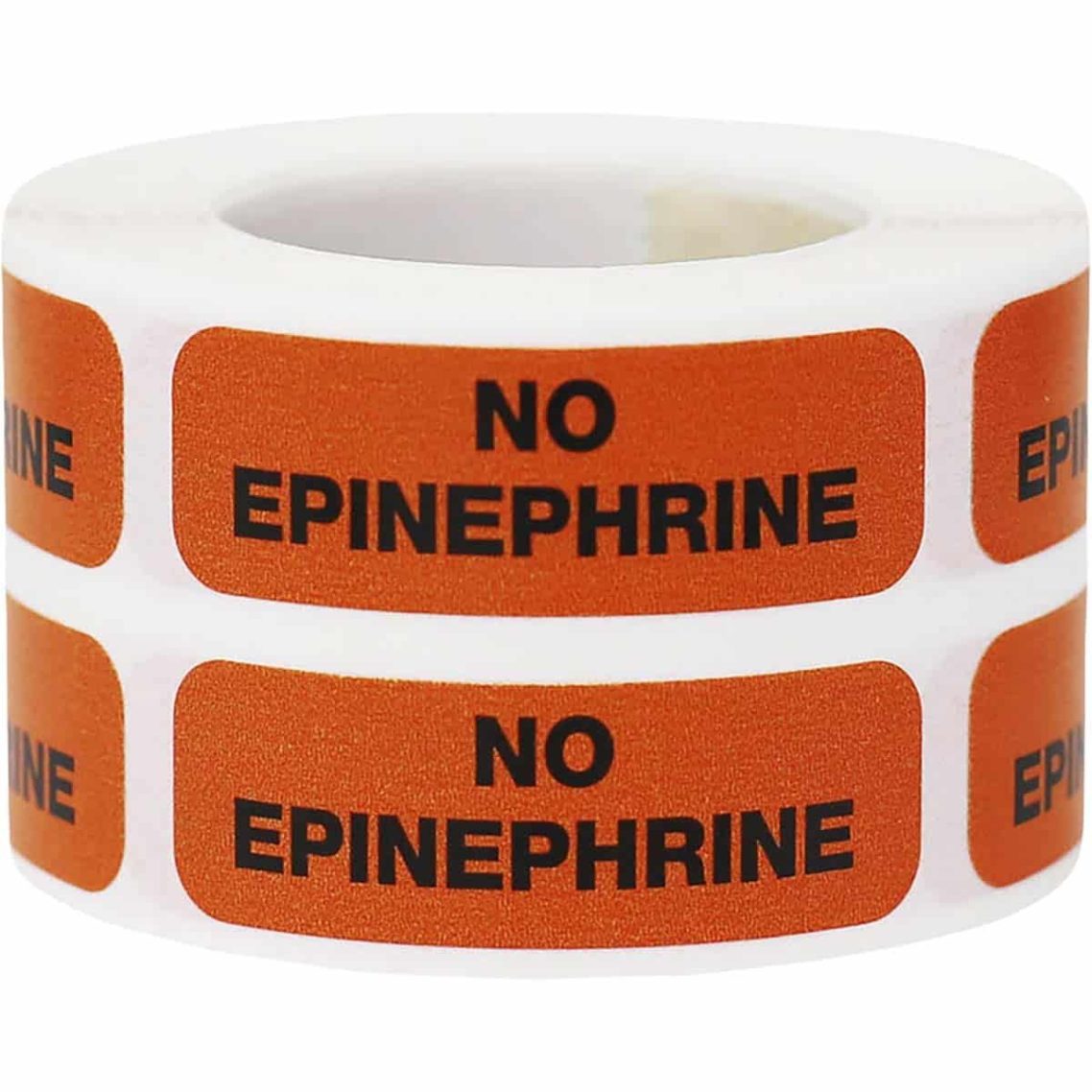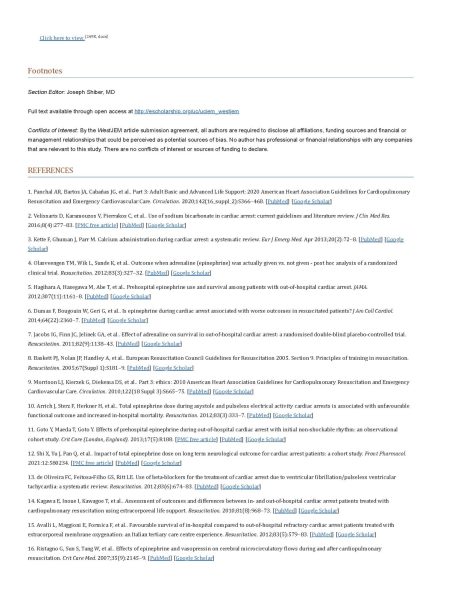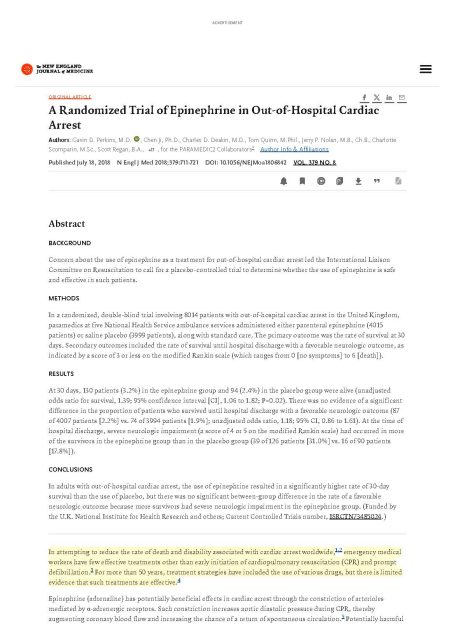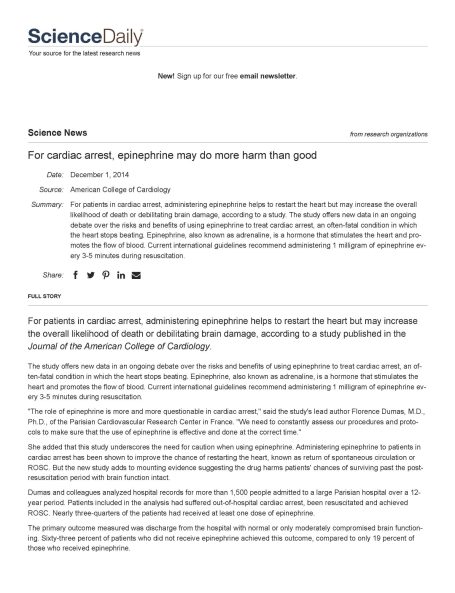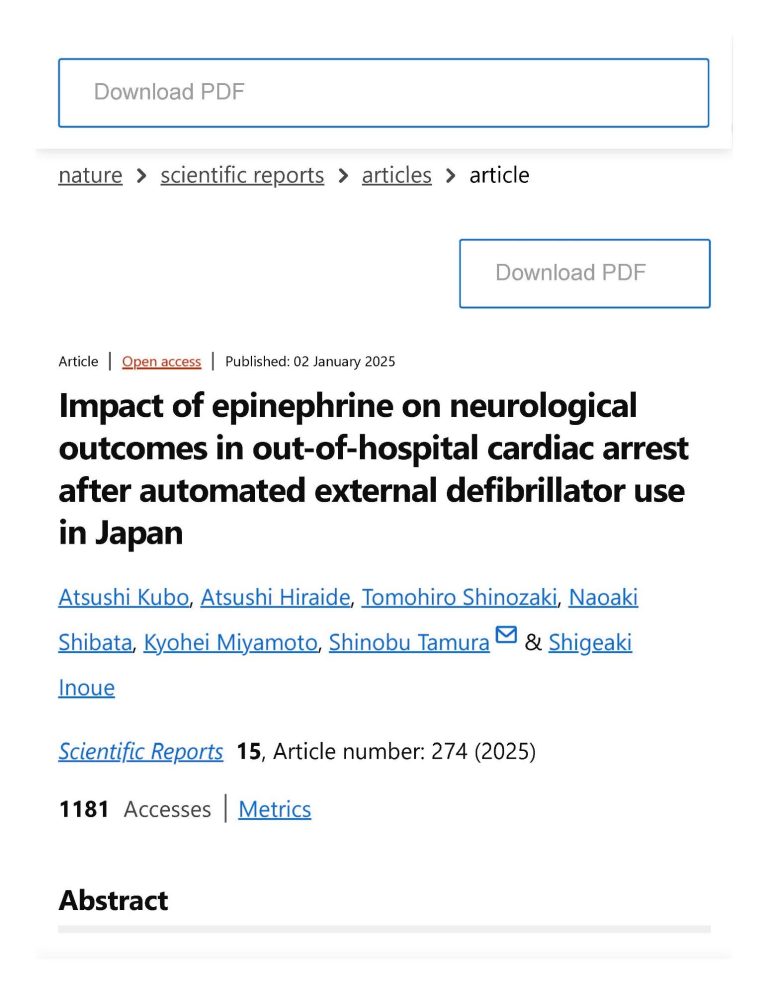The Neuroprotective Approach of Excluding Epinephrine from the ASAP ACLS Pro Protocol
Comprehensive Analysis Indicates Potential Links Between Epinephrine Administration and Negative Neurological Outcomes
2025 Reccomendations on Epinephrine Usage from Japan
Hot off the press.
- nature
- scientific reports
- articles
- article
- Article
- Open access
- Published: 02 January 2025
ASAP
As of now, the evidence shows epinephrine to be the most effective resuscitative measure when CPR and defbrillation alone are not enough. The evidence has shown that neurological outcomes suffer signifcantly as well. As a result of a lack of concrete medicine-based alternatives, epinephrine continues to be the standard of care treatment in OHCA. Many providers argue that epinephrine is not a life-saving method but a method of prolonging death. The real question is of an ethical and moral nature. It boils down to whether or not patients would prefer to avoid risking poor neurological outcomes and a decreased quality of life rather than resuscitation with epinephrine.
When community commentary was sought during the PARAMEDIC2 trial, 95% of the studied population picked long-term favorable neurological results rather than short-term survival, which was specifed as several hours to days
Shaina Friedman. (2023). Epinephrine and Cardiac Arrest: The Catch-22. The Science Journal of the Lander College of Arts and Sciences, 17(1), 5-13. Retrieved from https://touroscholar.touro.edu/sjlcas/vol17/iss1/2
